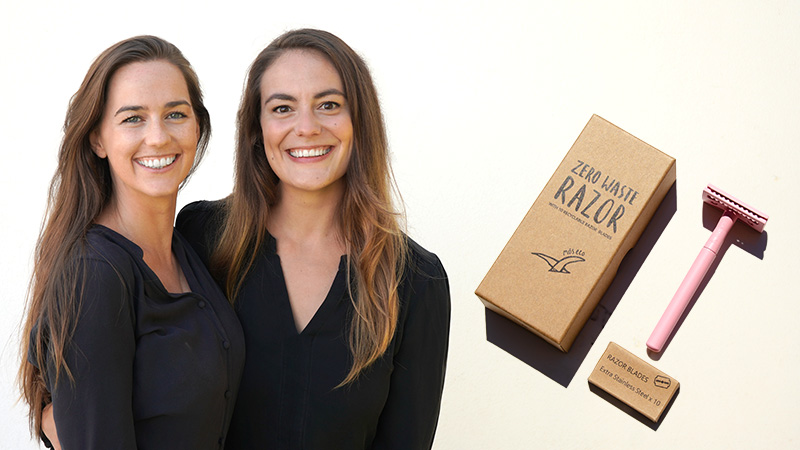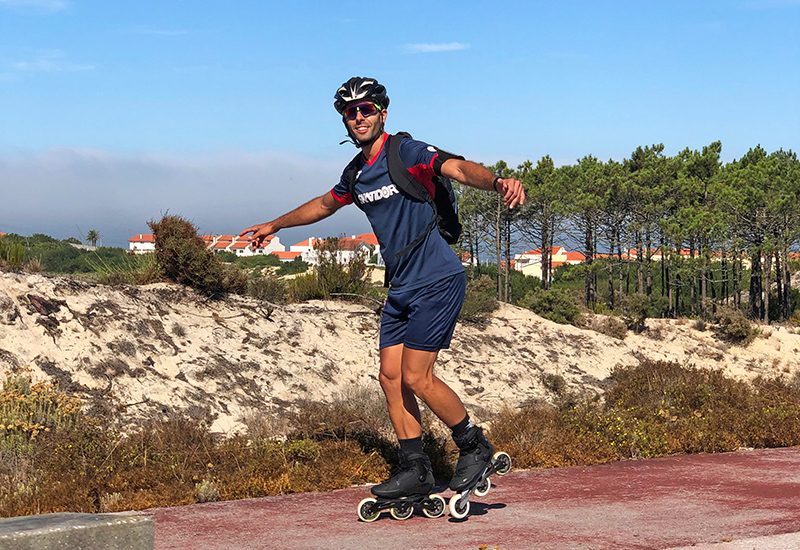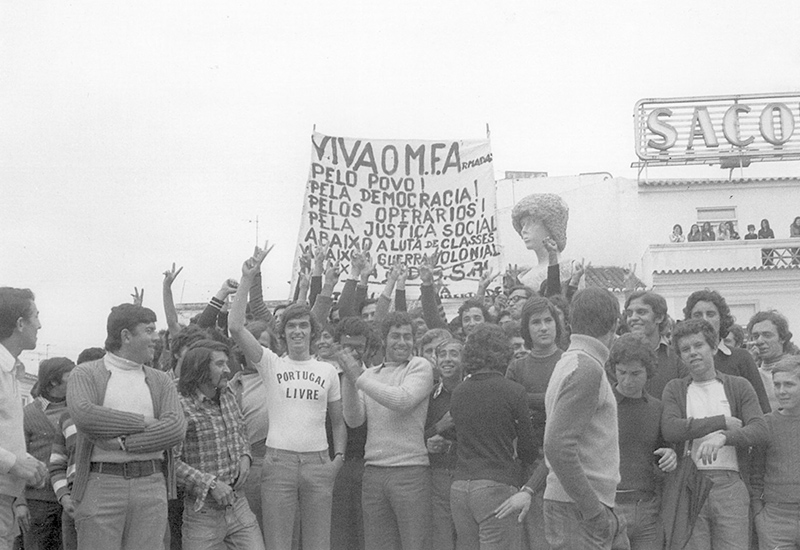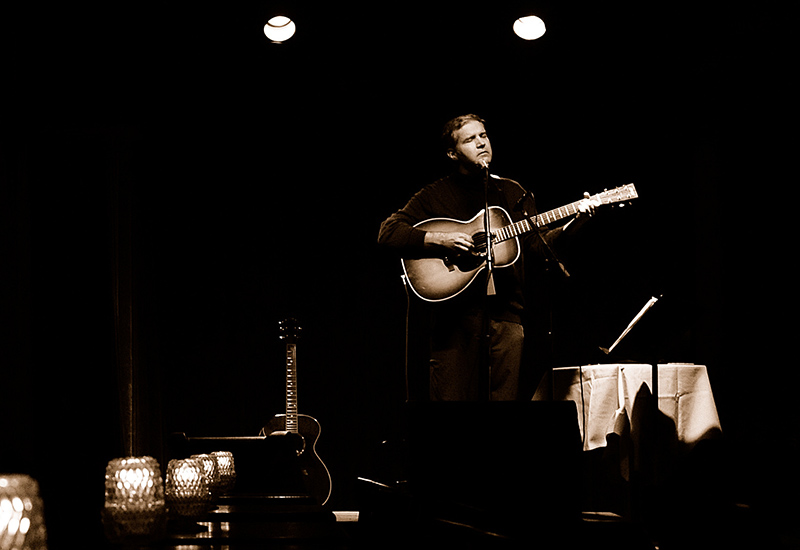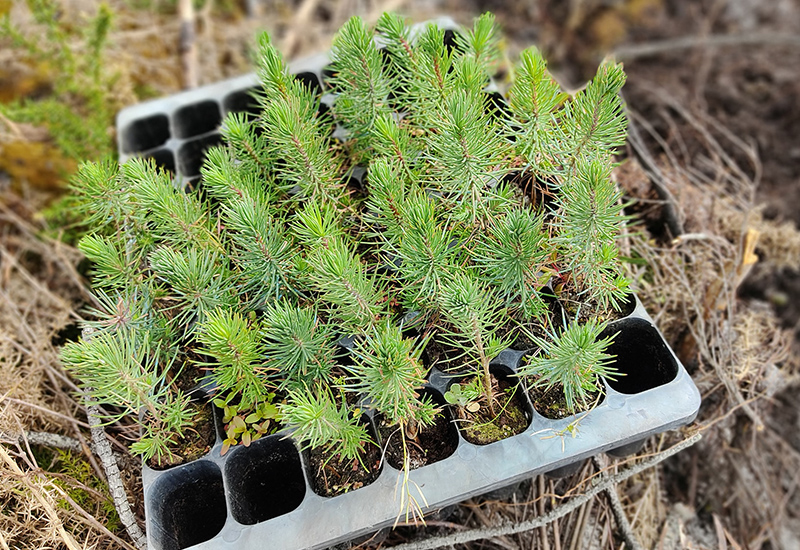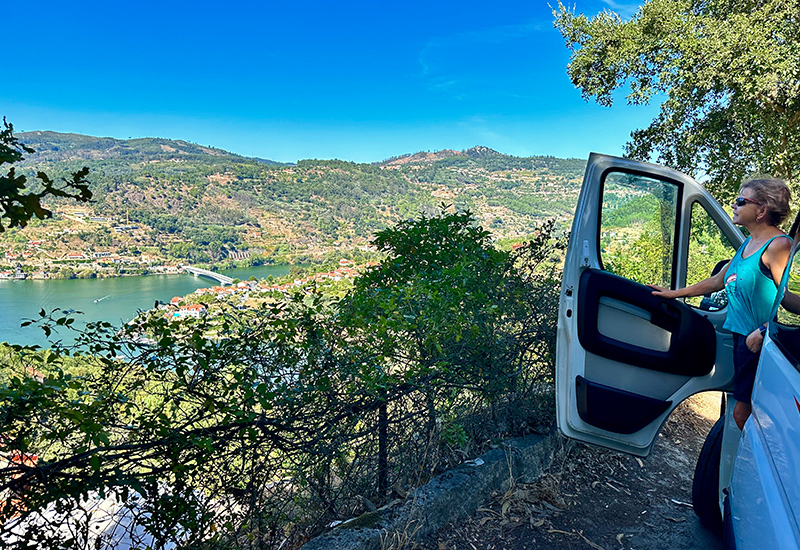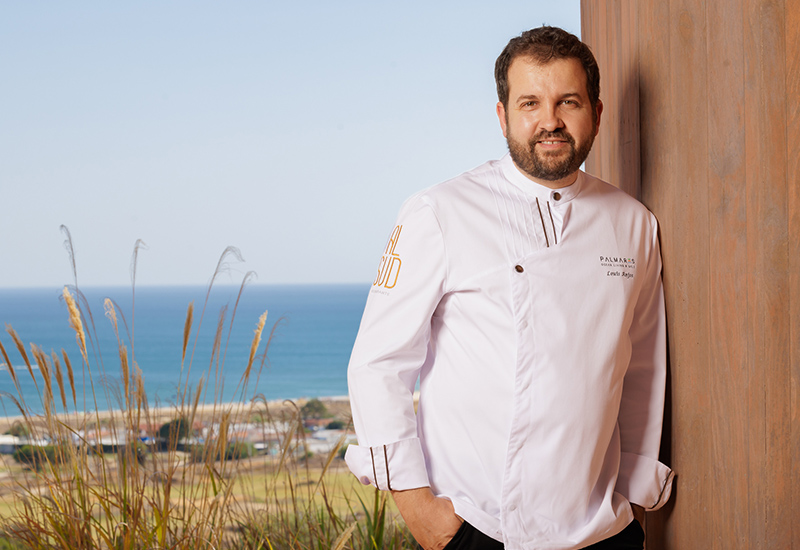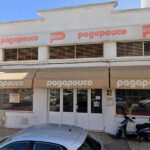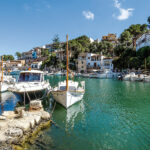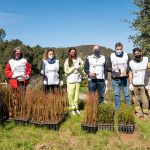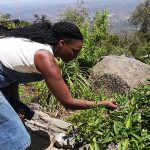Eco-warriors Lauren and Emilie embarked on their “zero-waste journey” while confined to their apartments during the lockdown. They are now offering free shipping in their eco store to bring zero-waste products to consumers in the Algarve.
Irish Lauren and Dutch Emilie met after both moving here separately in 2015. Emilie arrived in the Algarve from Rotterdam to run a surf camp before starting a master’s degree in the Netherlands – and never left! Lauren came here to complete a master’s degree in marine biology in Faro.
Being so close to the ocean made the friends more aware of where waste products, particularly plastics, ended up. “Moving to Portugal made it suddenly so much more noticeable how plastic doesn’t have a place in nature,” said Emilie.
Lauren already had a passion for eco stores brought about by her studies of the ocean. “I wanted to use plastic-free and packaging-free products, but I was forever weighing up the pros and cons: if I buy something plastic free, but it arrives with plastic packaging materials, was that then worth it? Or if it’s plastic free, but it has to come from Australia, is that still better for nature than if I recycle the plastic packaging? It was exhausting.”
During lockdown, the two women hooked up on Zoom calls in the evenings after finishing their day’s work from home. Being confined to their homes, they figured it was the perfect timing to set up a side business and Mós Eco Store was born. They spent lockdown working on a business plan and building their website.
“We have created a platform that filters out plastic products, that focuses on local and European products and that ships your goodies 100% plastic free. It’s easy: every choice here is a good choice,” says Emilie.
So what is the problem that they are trying to solve? Many of the containers that our day-to-day products come in are single-use plastics. We believe that if we recycle them, it is helping the environment, but plastics can only be recycled two to three times before they become useless and end up in landfills, whereas glass and metal are infinitely recyclable.
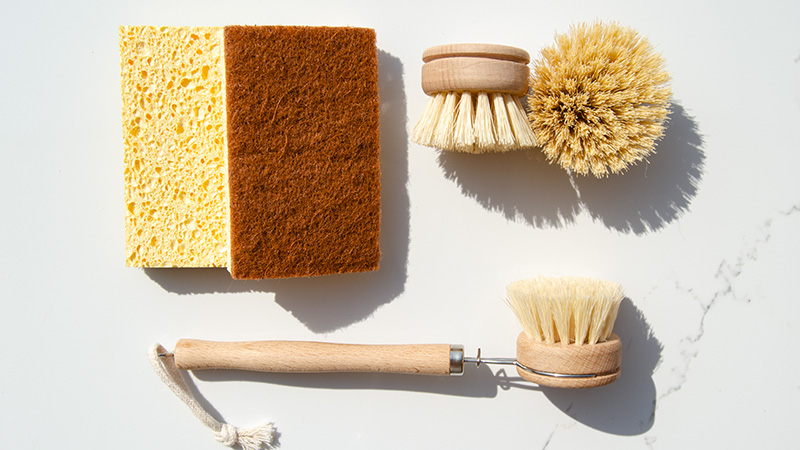
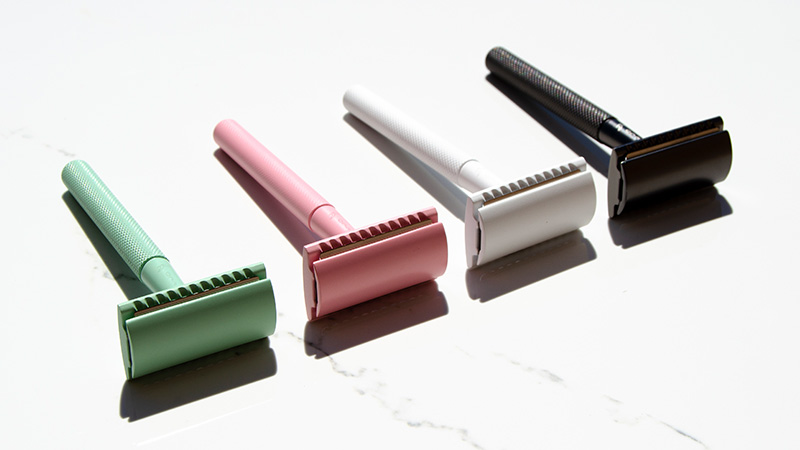
The entrepreneurs are realistic about how far consumers are willing to embrace the concept. “It’s better for lots of people to make small swaps than for a few people to go completely plastic free,” they tell me.
So what are their favourite products? Lauren is enthusiastic about their zero-waste razor. “A lot of zero-waste products are more expensive, but this swap has saved me loads of money. Plastic razors cannot be recycled and the replacement blades for women are also really expensive. By swapping to a stainless steel razor, the initial €30 investment has more than paid off and the replacement blades are only €3 for a pack of 10. It’s something I use every day and which will last for years.”
In fact, the women suggest you look around your bathroom to understand just how many of the products you use are packaged in plastic. Their suggestion is that you try to make one or two small swaps to your personal care routine and just take it from there. Emilie is passionate about the shampoo and conditioner bars that replace the need to buy plastic bottles. “I would never go back to buying hair products in plastic bottles; it’s such an easy swap and if everyone did this, it would make a huge difference.”
There are some ingenious ways to become zero waste in the kitchen too. For example, washing-up brushes cannot be recycled. If you buy a wooden brush from Mós Eco Store, the wooden handle lasts for years and you can replace the brush with a biodegradable alternative. Instead of buying cleaning products in a large plastic bottle, most of which is water, you can purchase their Ocean Savers. These are tablets that dissolve in water and can be diluted in one of the plastic bottles you have already bought. “We can also reduce our carbon footprint by reusing plastic items,” explains Emilie. Using an Ocean Savers sachet in an empty spray bottle keeps you from buying a new bottle, and because Ocean Savers sachets are concentrated cleaning liquids, they have a much smaller transport carbon footprint than a heavy bottle that’s 90% water.
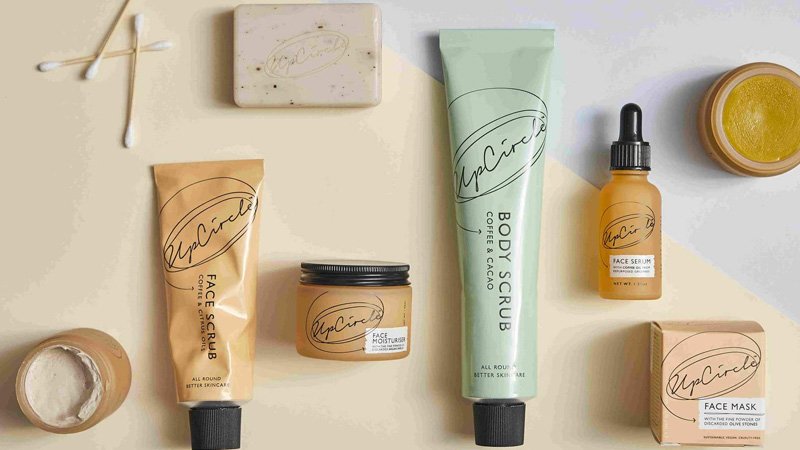
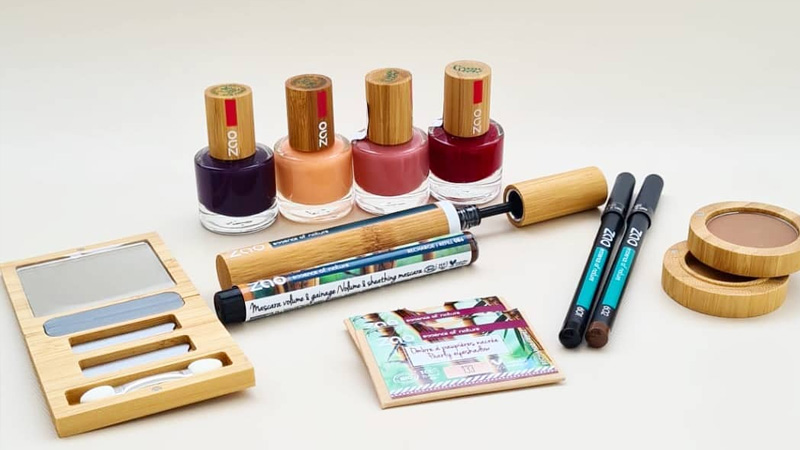
Mós Eco Store is trying to reduce its carbon footprint as much as possible, but sadly there are no factories capable of producing their products yet in Portugal. “Going zero waste is a journey, and it’s better to take the steps you can rather than give up because you can’t achieve zero,” says Emilie.
Brexit has also caused the duo problems. “The UK is quite ahead in manufacturing eco products, but small margins and the new import taxes mean we can’t bring them into Europe anymore, so we have had to discontinue many of the lines and look for alternatives elsewhere,” explains Lauren.
They are hoping to further offset their carbon footprint by offering customers the opportunity to plant a tree when they purchase one of their products. “We initially wanted to include this in the price, but there is such a small mark-up on eco products that it wasn’t possible. Instead, we ask at the checkout if people will add €1 to their purchase, the equivalent to planting one tree, which goes straight to ‘One Tree Planted’. Literally everyone does it, so trees are our biggest seller!”
Mós Eco Store was born from a love of the Algarve ocean and offers a fantastic opportunity for people who feel the same to start their own zero waste journey.
To check out their products and start your own zero waste journey, visit www.mos-ecostore.com or follow them on instagram @mos.ecostore
